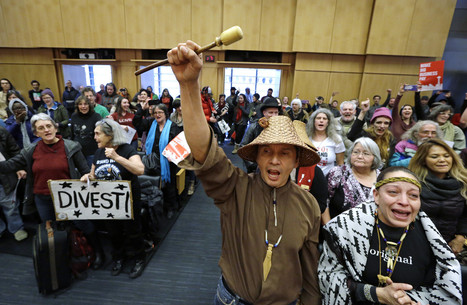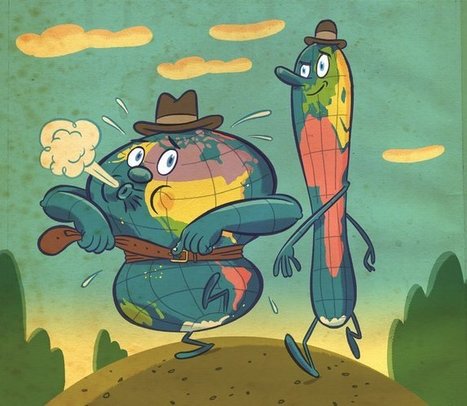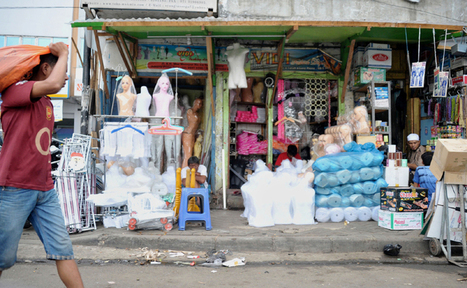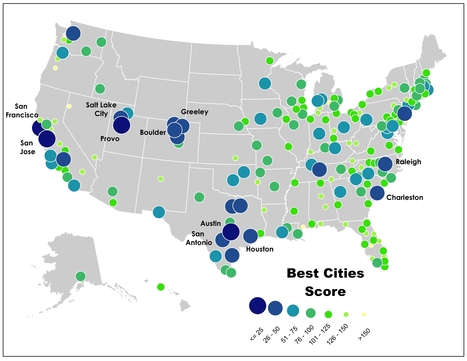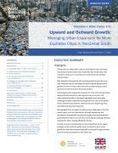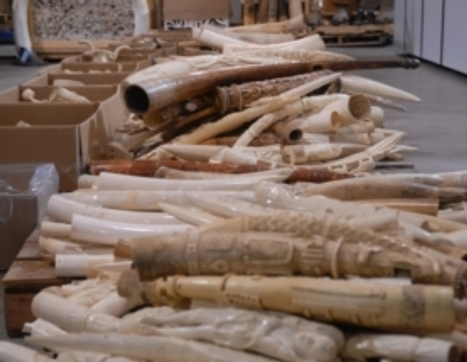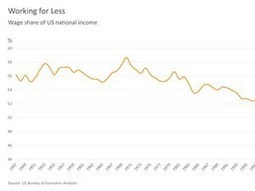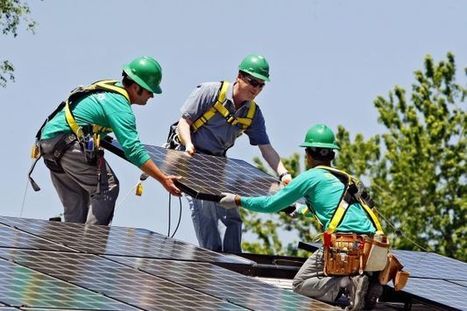With the Green New Deal sparking a national conversation about all the ways to combat climate change, John Oliver looks at a few potential solutions
Research and publish the best content.
Get Started for FREE
Sign up with Facebook Sign up with X
I don't have a Facebook or a X account
Already have an account: Login
How might we keep the lights on, water flowing, and natural world vaguely intact? It starts with grabbing innovative ideas/examples to help kick down our limits and inspire a more sustainable world. We implement with rigorous science backed by hard data.
Curated by
PIRatE Lab
 Your new post is loading... Your new post is loading...
 Your new post is loading... Your new post is loading...
Steven McGreevy's curator insight,
March 7, 2014 4:49 AM
Fat and Lean nations... let's see if it sticks... 
Joanne Wegener's curator insight,
March 7, 2014 5:03 AM
Fat or Lean - what sort of world do we live in An interesting discussion on the way we perceive and label the world. 
Ma. Caridad Benitez's curator insight,
March 11, 2014 10:15 AM
Hoy en día poca claridad de dónde exactamente queda y quiénes son? |
|





